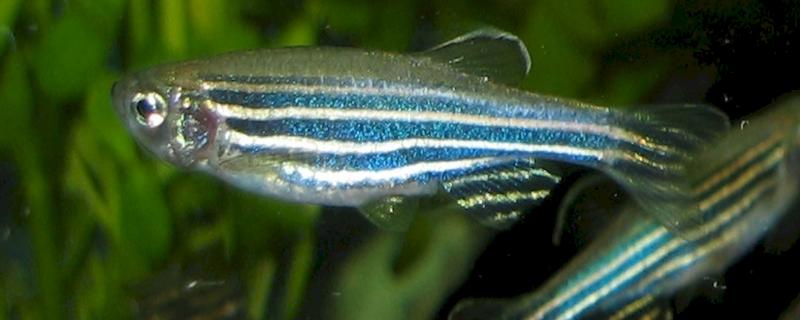Animal behaviour studies, which began in the 1970s, had a rocky start as they were viewed as a deviation from biological studies. They try to answer questions relating to why an animal's behaviour differs with different organisms and environmental factors, and the cost-benefits associated with each behaviour. Such studies help to understand not only the biology of the organism but also its ecological role. In one such study, Dr Anuradha Bhat and her group at the Indian Institute of Science Education and Research, Kolkata, have looked at the mating behaviour of zebrafish.




![The researchers Dr Benu Brata Das and Mr Arijit Ghosh in their lab [Image Credits: Dr Benu Brata Das] Mitochondria kill themselves to protect neurons from an early death](/sites/researchmatters/files/styles/large_front_800x320/public/mitochhondria.jpg?itok=NmWsAj0z)
![Indian queenless ant (Diacamma indicum) [Photo Credit: Kushankur Bhattacharya, Ant Lab, IISER Kolkata] For these ants, the road to their new nest is almost never long](/sites/researchmatters/files/styles/large_front_800x320/public/diacama_indica_3.jpg?itok=SKMIaQCS)
![Zebrafish (Danio rerio) Image credits [By Azul - Own work, Copyrighted free use, https://commons.wikimedia.org/w/index.php?curid=260841] Study shows zebrafish use visual cues to find food in turbid water](/sites/researchmatters/files/styles/large_front_800x320/public/zebrafish.jpg?itok=YeFxEM_0)



